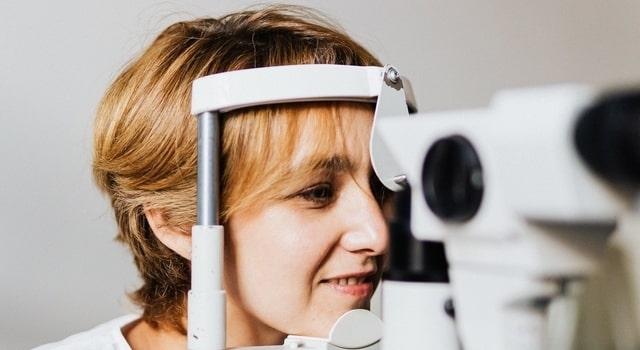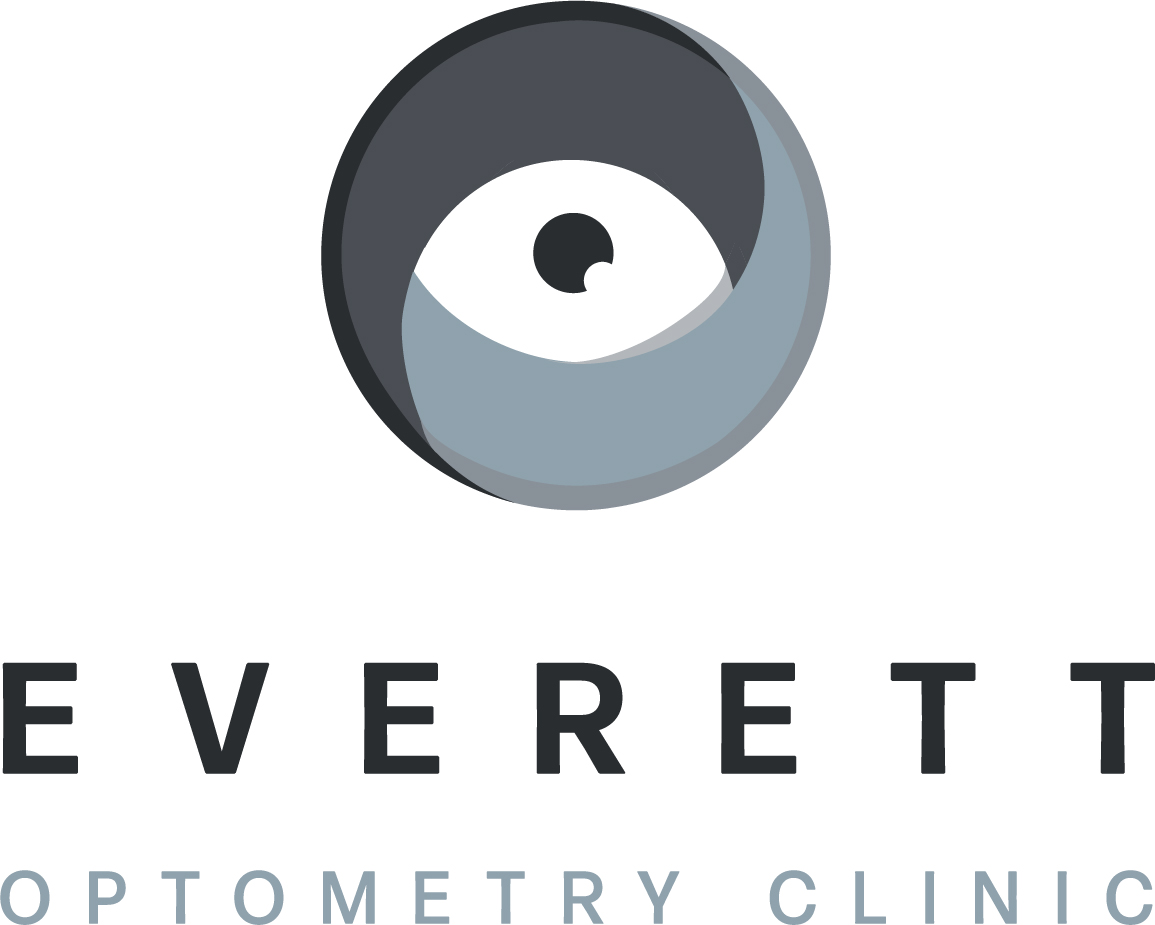
Navigating your eye health journey can feel intimidating, and understanding the difference between eye exams and vision screenings is a vital first step in taking charge of your optometric health. Both play essential roles in eye care, but they serve different purposes.
Below, we provide expert insights to help you distinguish between the two and determine which is necessary for your vision needs.
What is a Vision Screening?
Vision screenings are basic tests typically performed by school nurses, pediatricians, or volunteers. These screenings are designed to identify obvious vision problems and are often the first step in detecting potential eye issues in children and adults.
Purpose of Vision Screenings
Vision screenings are set up to quickly and efficiently identify individuals who may need a comprehensive eye exam. They typically test for basic visual acuity, or how well you can see at various distances.
Limitations of Vision Screenings
While vision screenings are helpful, they have limitations. They cannot diagnose specific eye conditions or diseases and may miss subtle issues like early-stage glaucoma or retinal problems. If a vision screening indicates a potential problem, a comprehensive eye exam is necessary for a full diagnosis and the development of a treatment plan.
What is an Eye Exam?
An eye exam is a thorough evaluation of your vision and eye health conducted by our eye doctors at Everett Optometry Clinic. Unlike vision screenings, eye exams involve a series of tests and procedures to assess various aspects of your eye health.
Components of an Eye Exam
Our eye exams typically include:
- Visual Acuity Test: Measures how clearly you can see
- Refraction Test: Determines your exact prescription for glasses or contact lenses
- Eye Muscle Test: Evaluates the muscles that control eye movement
- Pupil Response Test: Checks how your pupils respond to light
- Slit Lamp Exam: This allows our eye doctors to examine the structures of your eye under high magnification
- Tonometry: Measures the pressure inside your eye to check for glaucoma
Benefits of Eye Exams
Eye exams can detect various eye conditions, including cataracts, macular degeneration, and diabetic retinopathy. Finding and diagnosing these conditions in their early stages helps us develop an effective and personalized treatment plan for you.
When to Get a Vision Screening vs. an Eye Exam
- Children: Vision screenings are common in schools and during routine pediatric check-ups. However, children should have their first comprehensive eye exam at six months, another at age three, and again before starting school. After that, regular eye exams every one to two years are recommended.
- Adults: Adults without vision problems should have a comprehensive eye exam every two years. Those with vision problems or risk factors for eye disease may need more frequent exams.
- Seniors: Adults aged 60 and older should have annual eye exams to monitor for age-related eye conditions.
Request an Eye Exam with Everett Optometry Clinic Today
Understanding the difference between vision screenings and eye exams is essential for maintaining good vision health. At Everett Optometry Clinic, we are committed to providing accessible, comprehensive eye care and everyday tips to help you feel more confident in your eye health journey.
For more information on eye care and vision health, consult with one of our eye doctors at Everett Optometry Clinic by requesting an appointment here.

